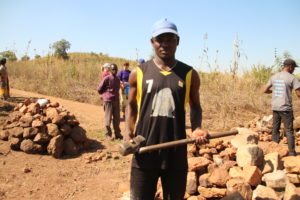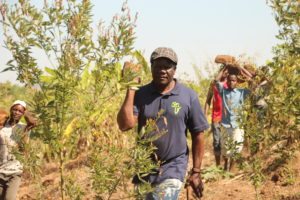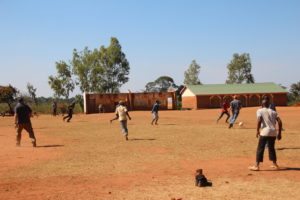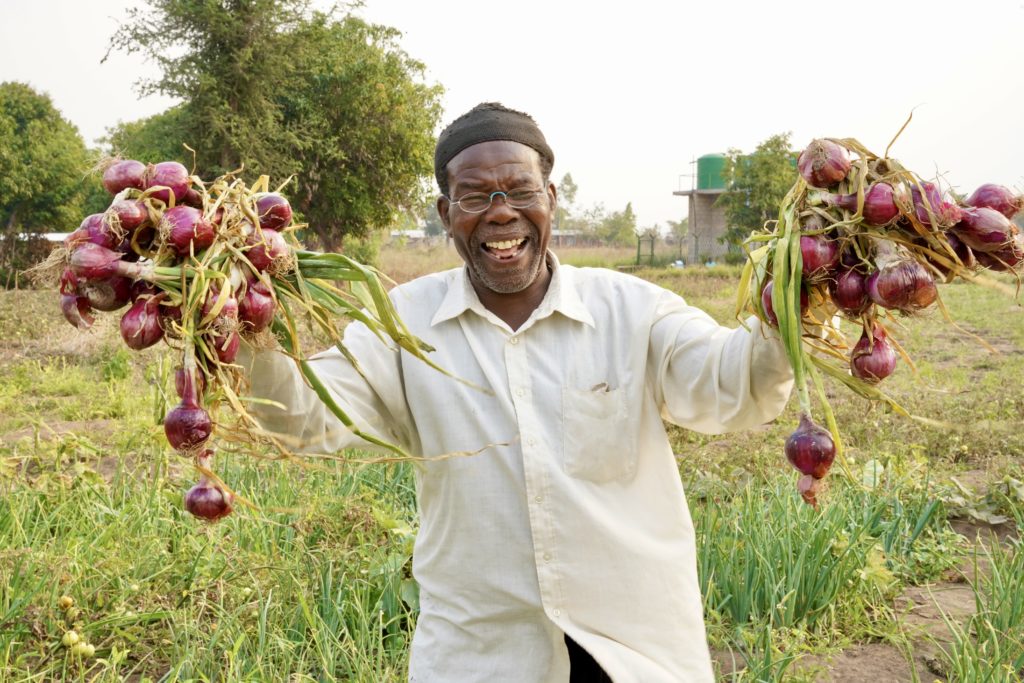
For the first year, Malawian farmers in VIP’s partner villages are making significant profits. For those who are unaware of the seasonal split in Malawi, this is an unusual time for harvest. The rainy season ended back in March 2022 and they have not received rain since. However, these farmers are able to grow crops, even during the dry season because of the Solar Irrigation System put into place 3 years ago with the support of the VIP family.
It takes time for people to learn and adapt new strategies. The first year after installation of the Solar Irrigation Systems, all farmers insisted on growing maize because that is their staple food and they wanted to supplement their household needs.
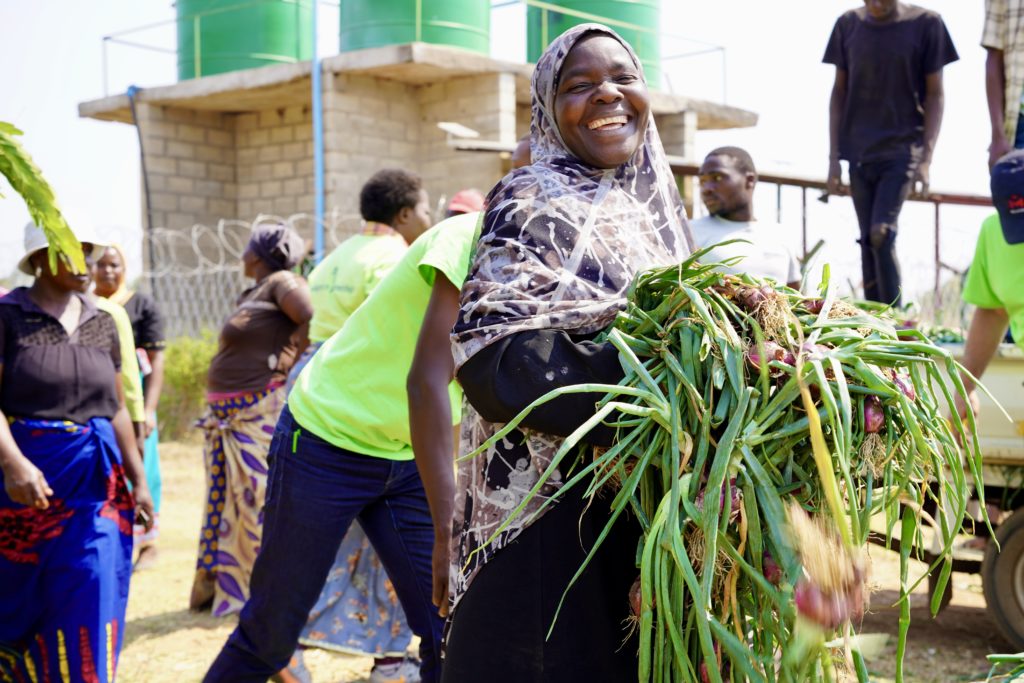
The second year, after VIP offered agribusiness training and exposure to farmers from other areas of the country, who grow cash crops, several of the farmers took a risk and grew tomatoes and watermelons. They made huge profits and their success convinced all the farmers to grow cash crops!
This year, 100% of the farmers grew cash crops such as watermelons, tomatoes and onions. The profits enable them not only to purchase supplemental maize and other household needs but to make asset investments; investing in livestock that will multiply and be sold in the future, purchasing bicycles that will be used for bike taxis and water pumps to use on fields near a stream, these farmers are investing in their futures. The Solar Irrigation Systems that the VIP family helped to fund are creating opportunities for our brothers and sisters in Malawi! Our most recent Friendship Team had the blessing of participating in the harvest and loading the truck to go to market.
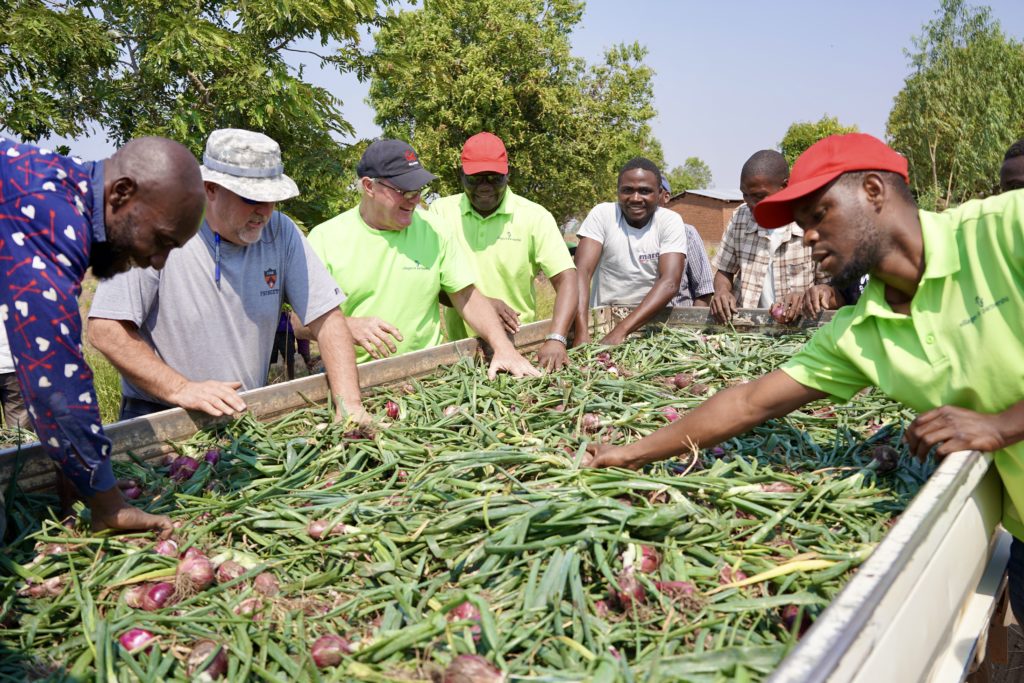
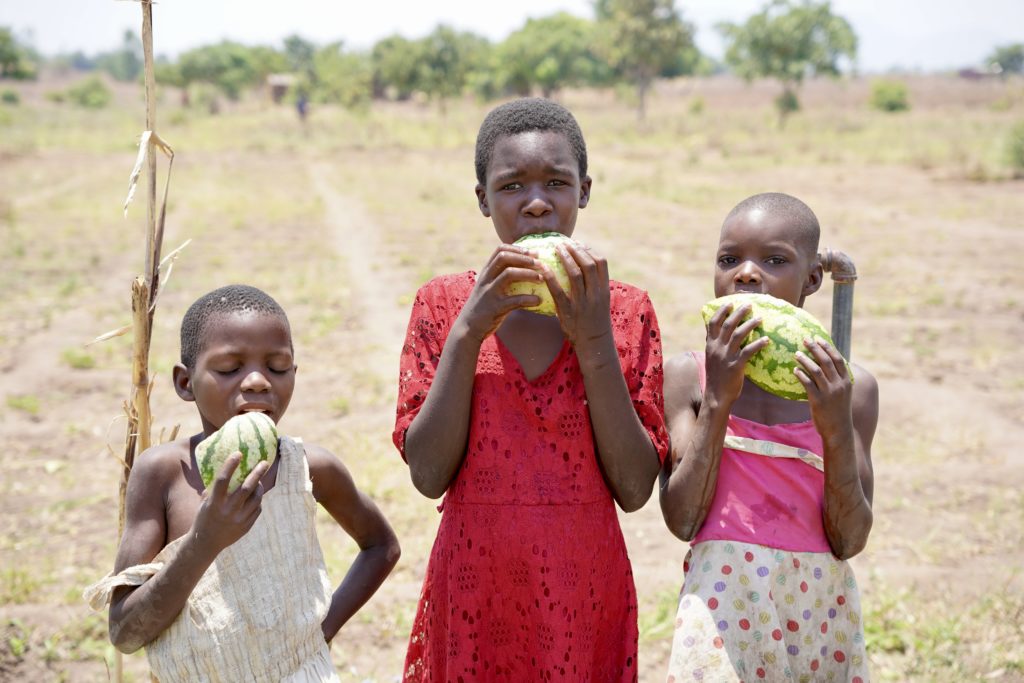
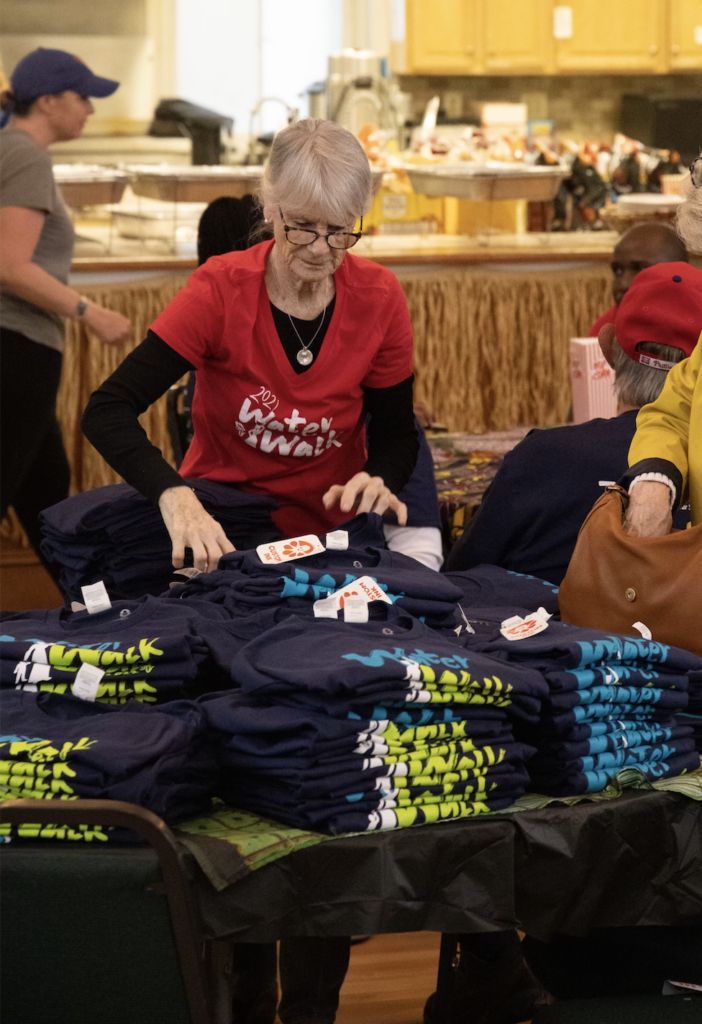
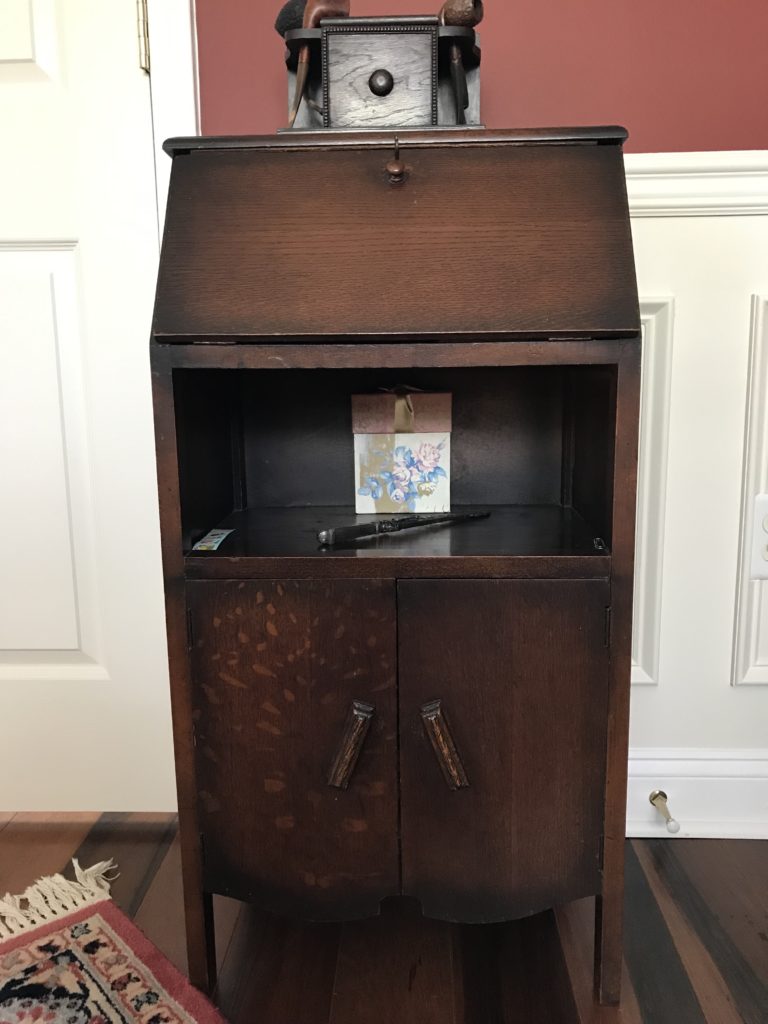
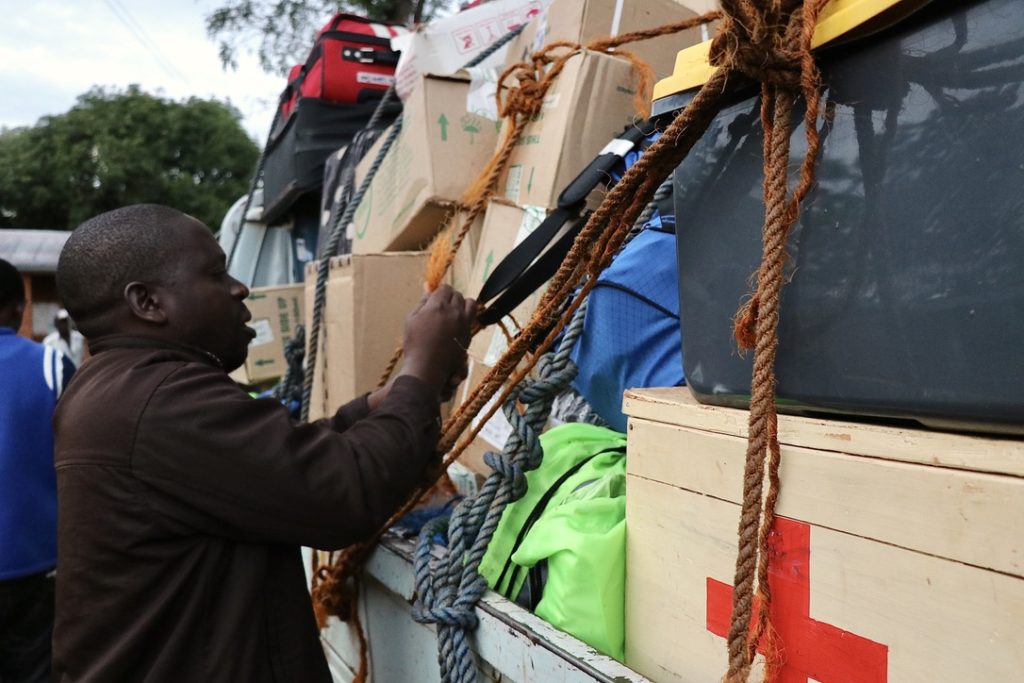
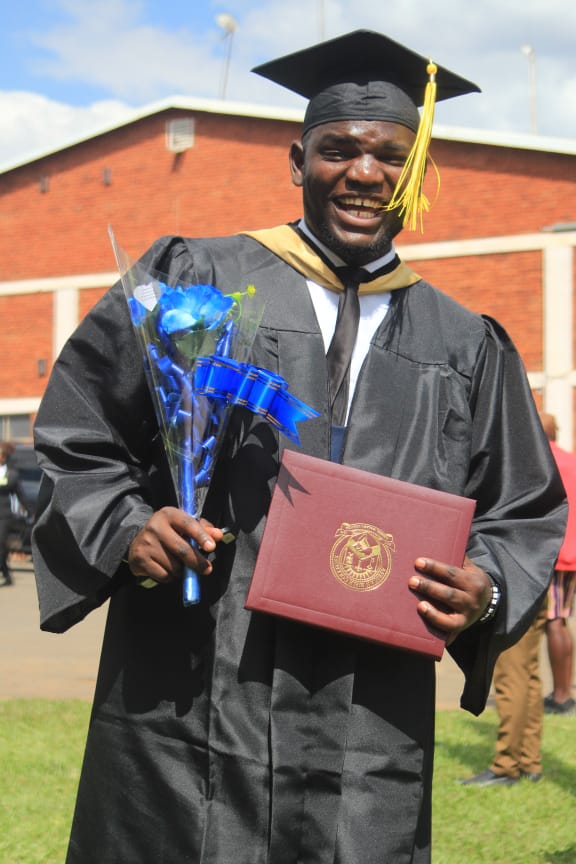
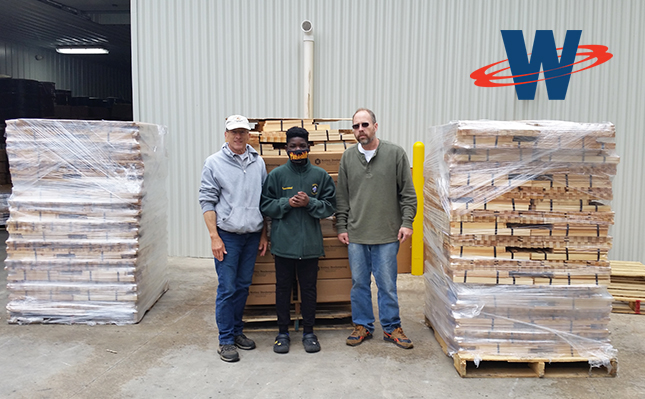
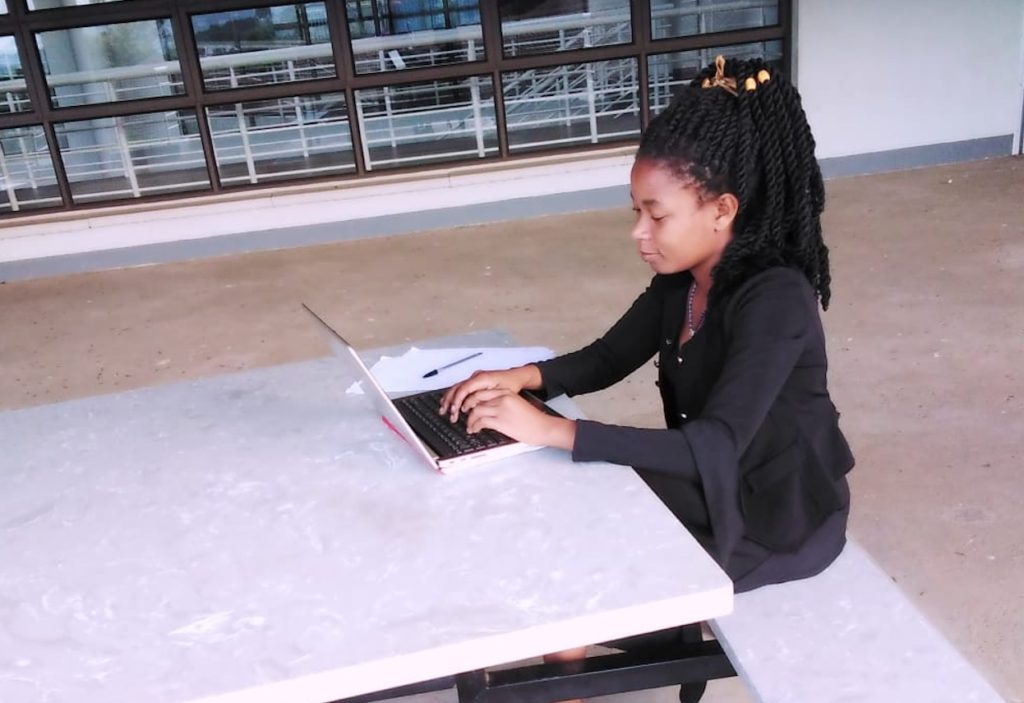
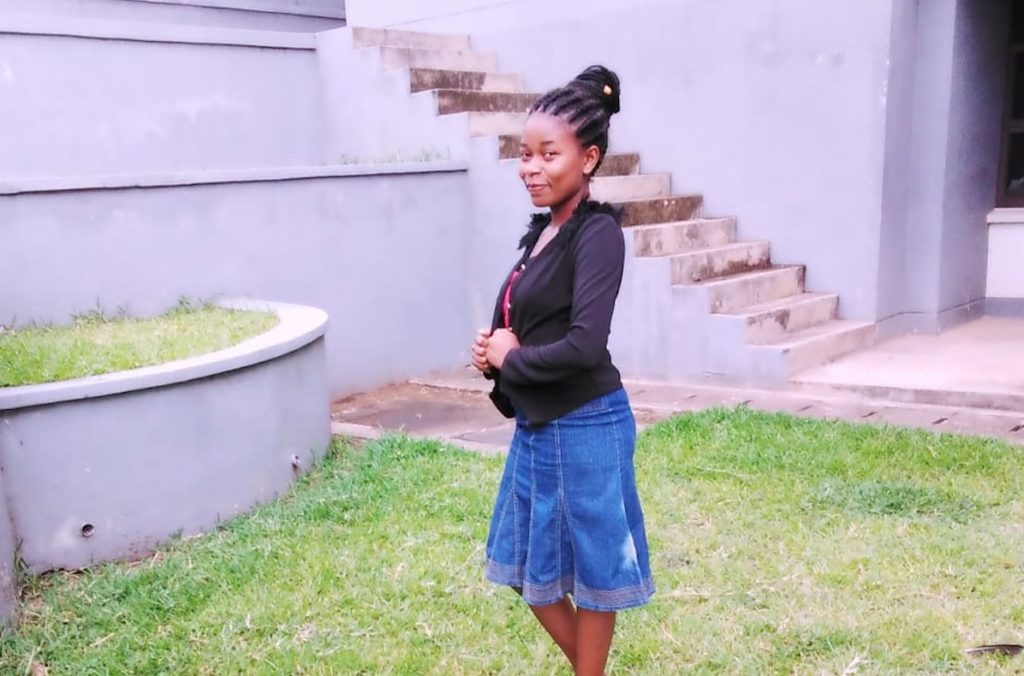
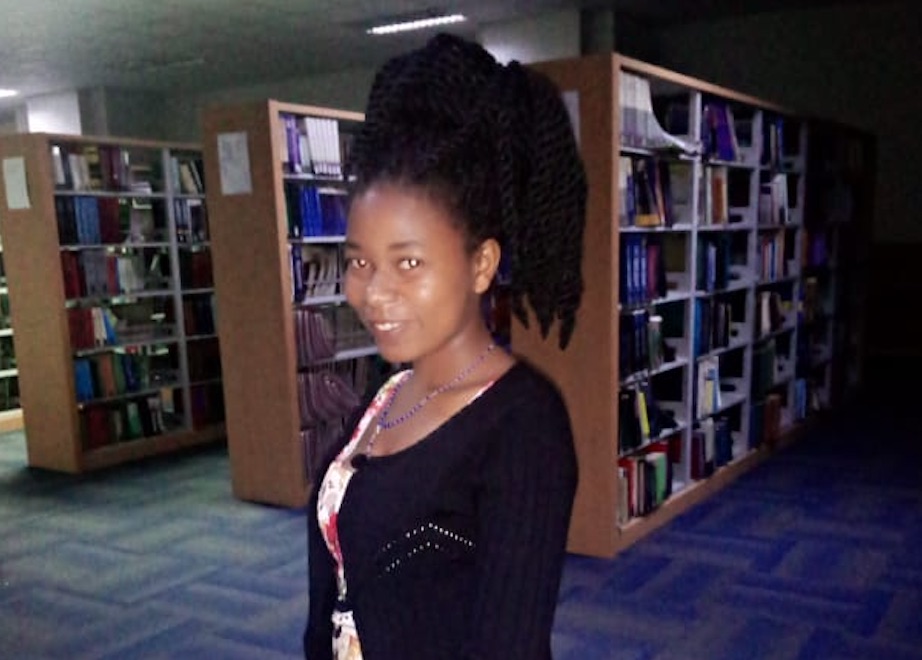
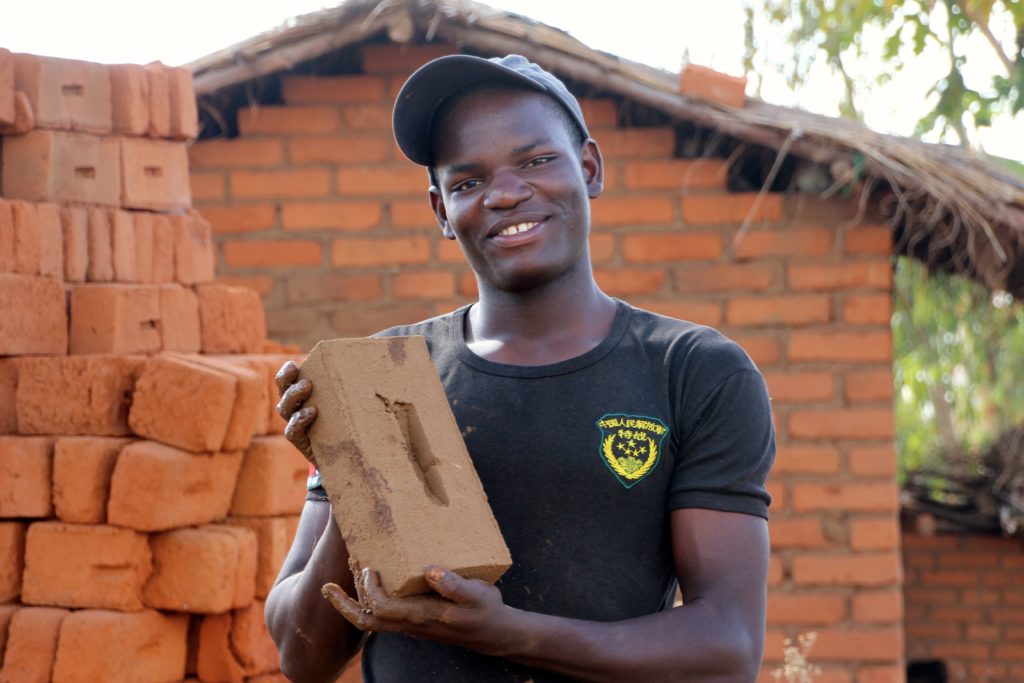
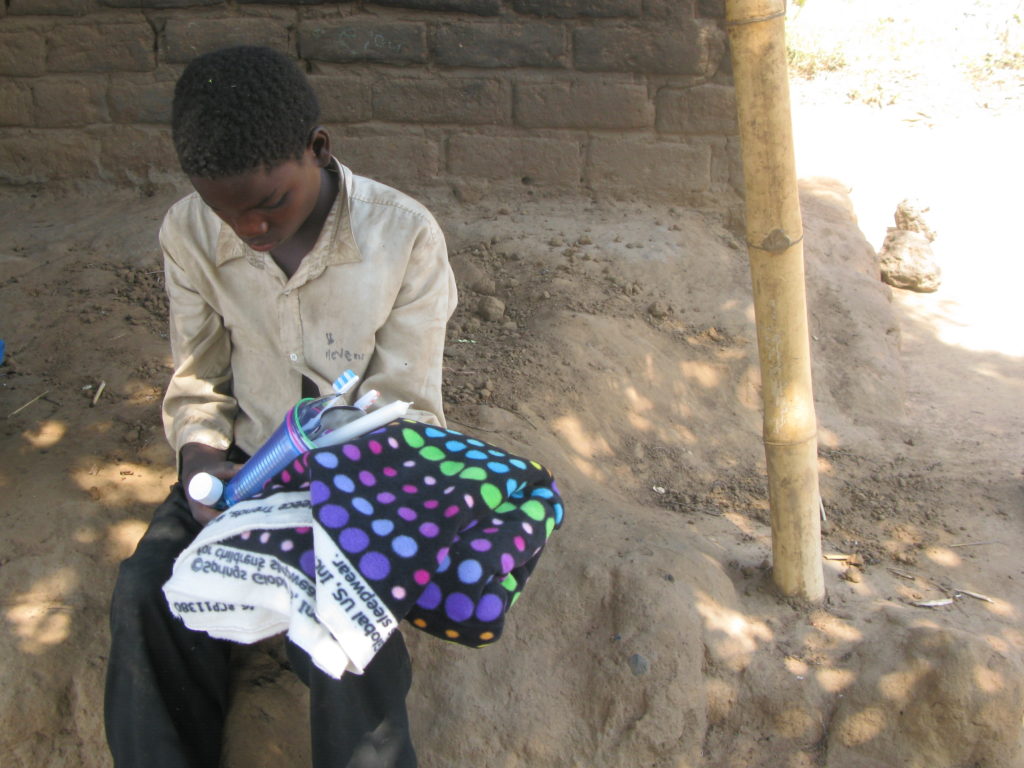
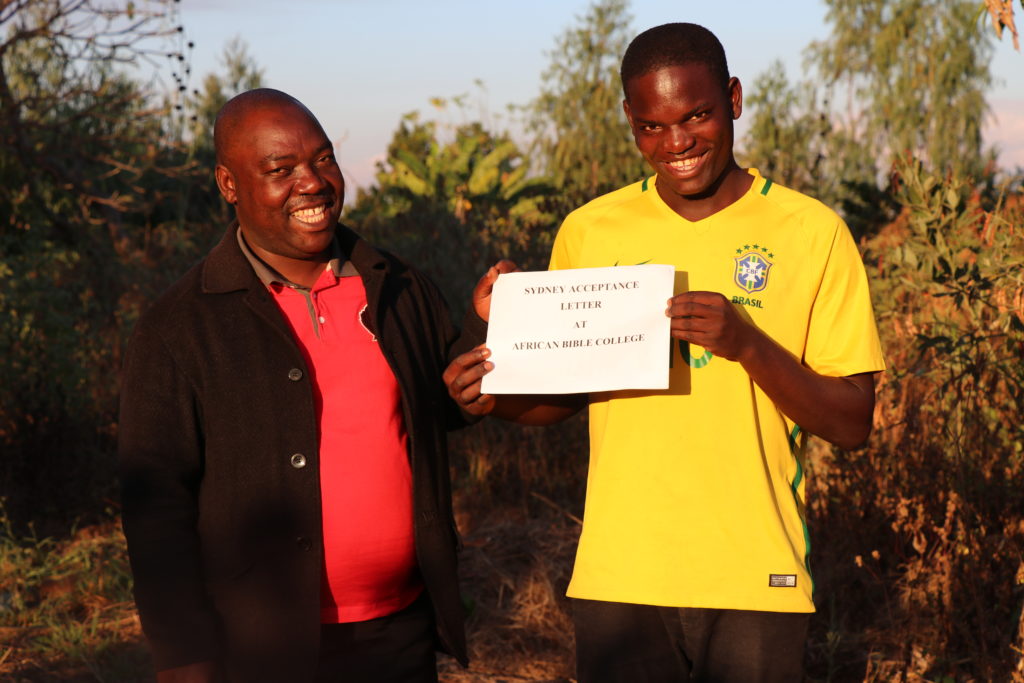
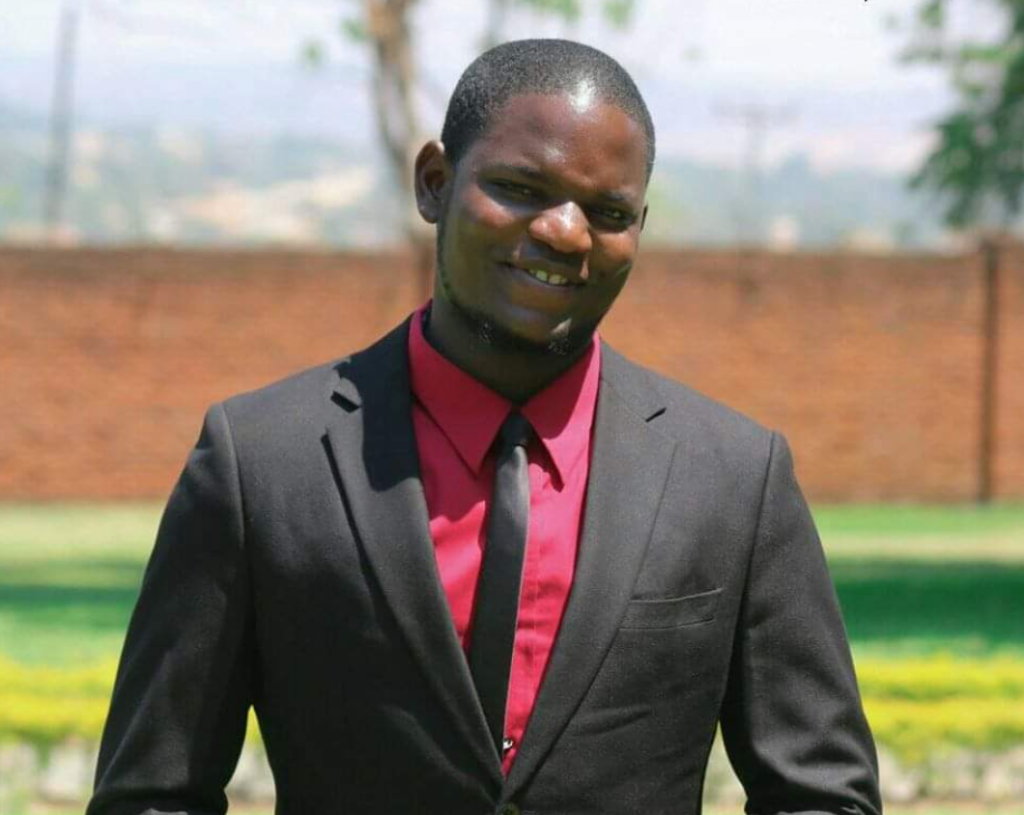
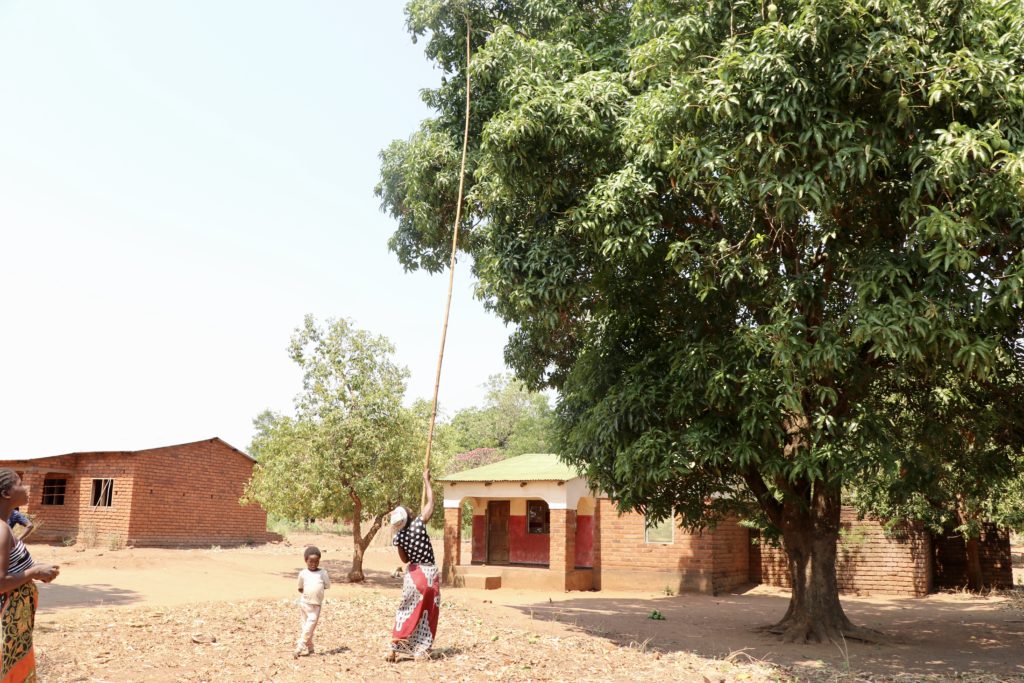
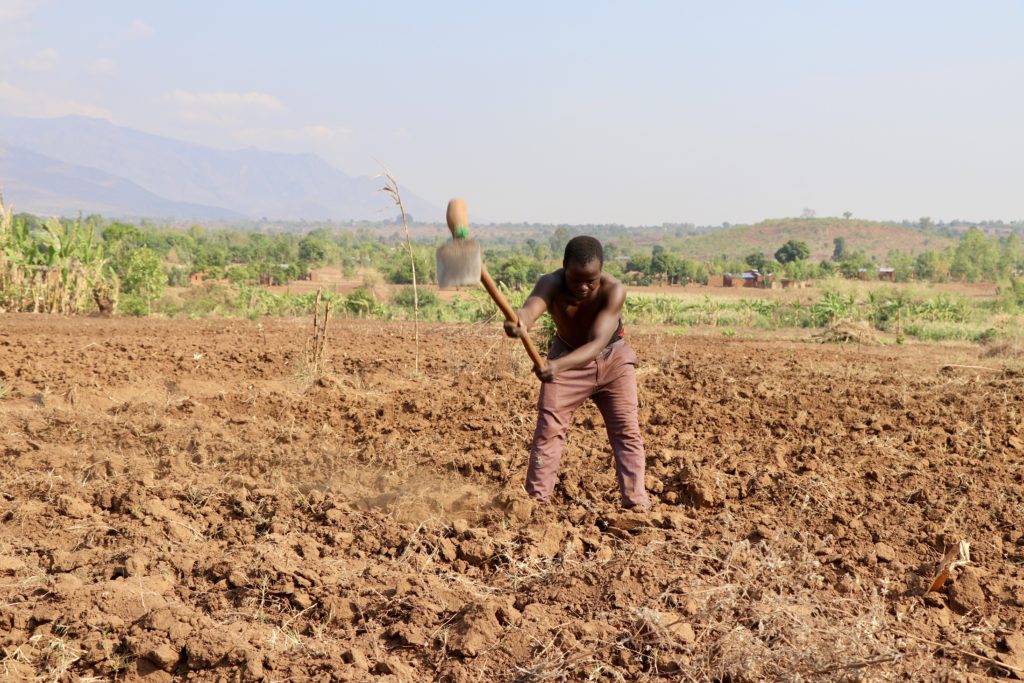
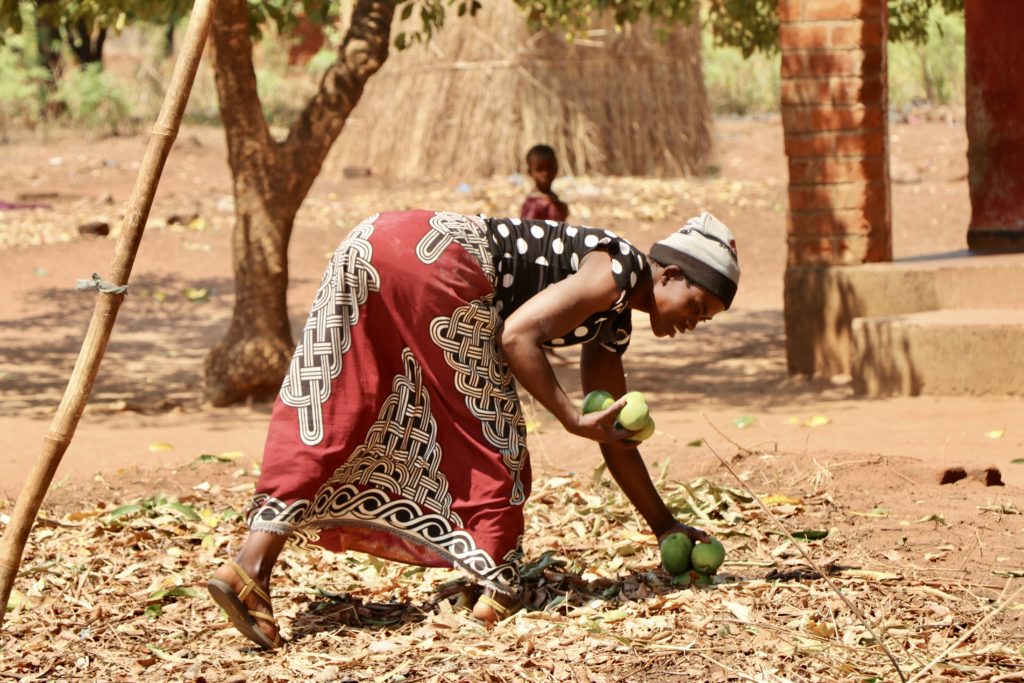
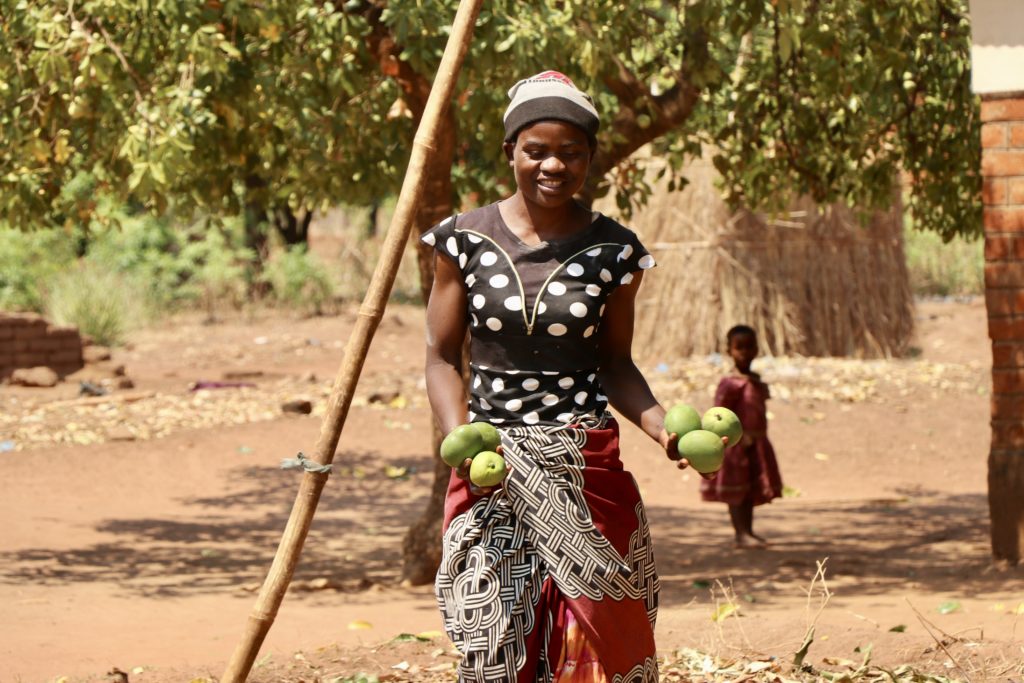
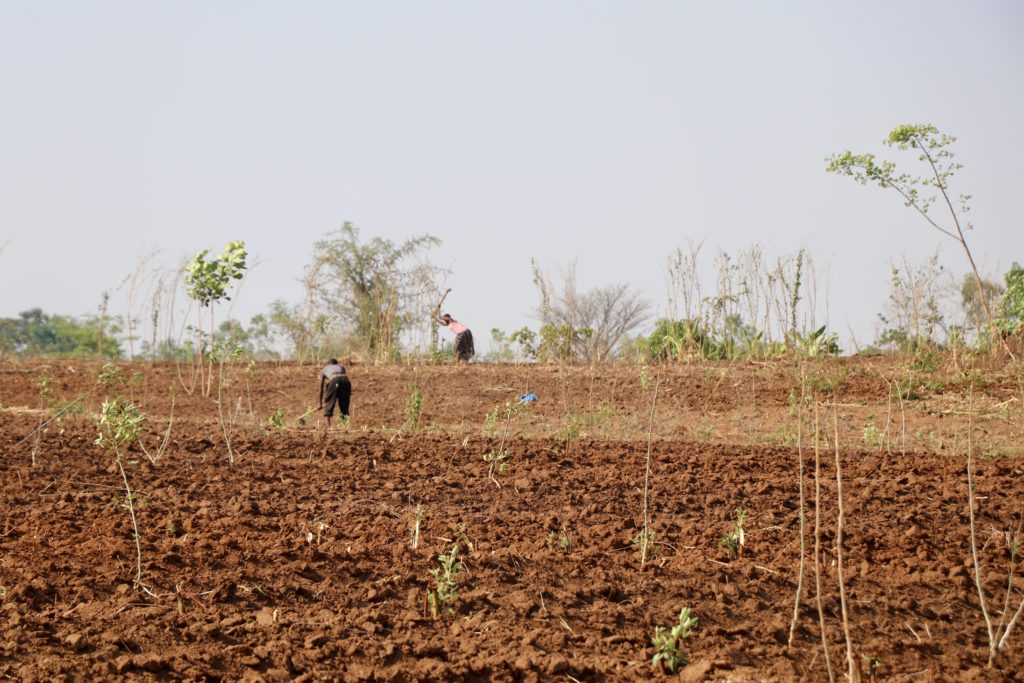
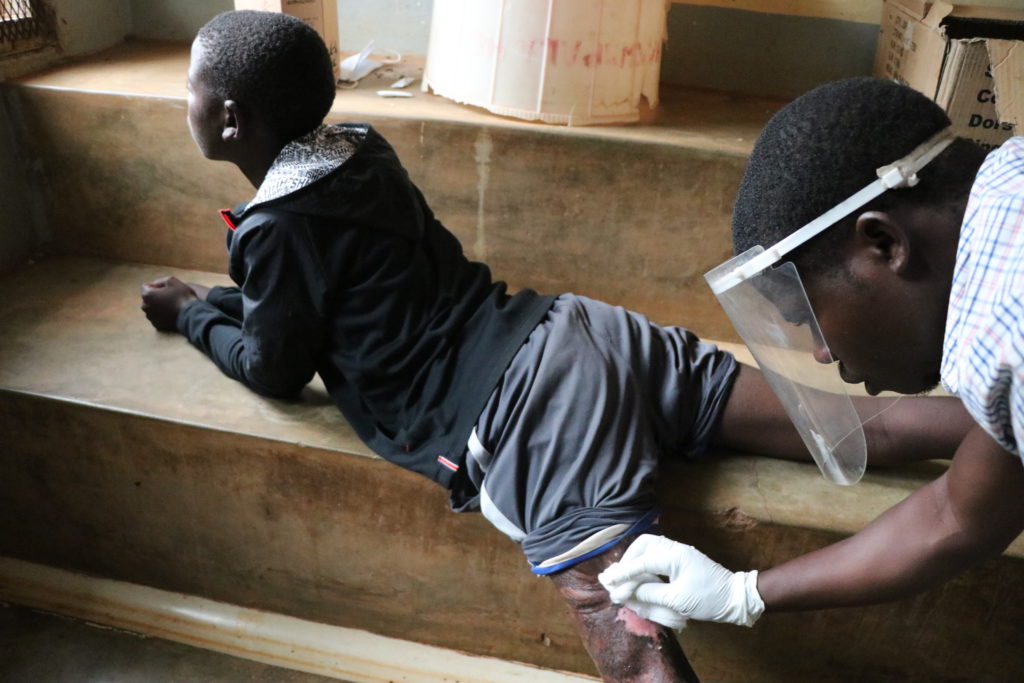
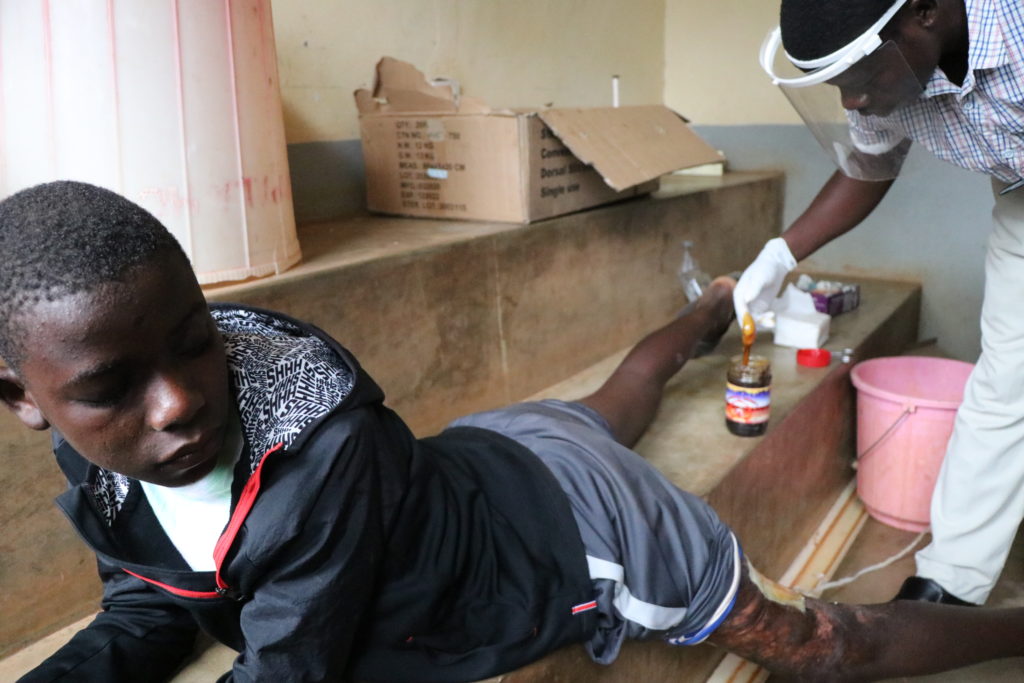
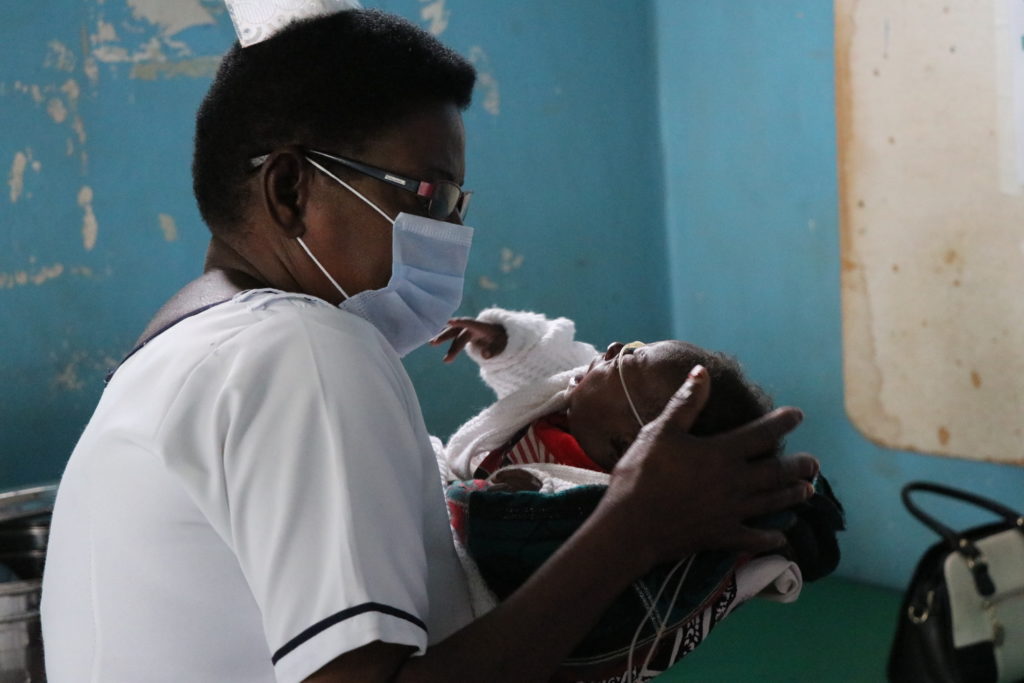
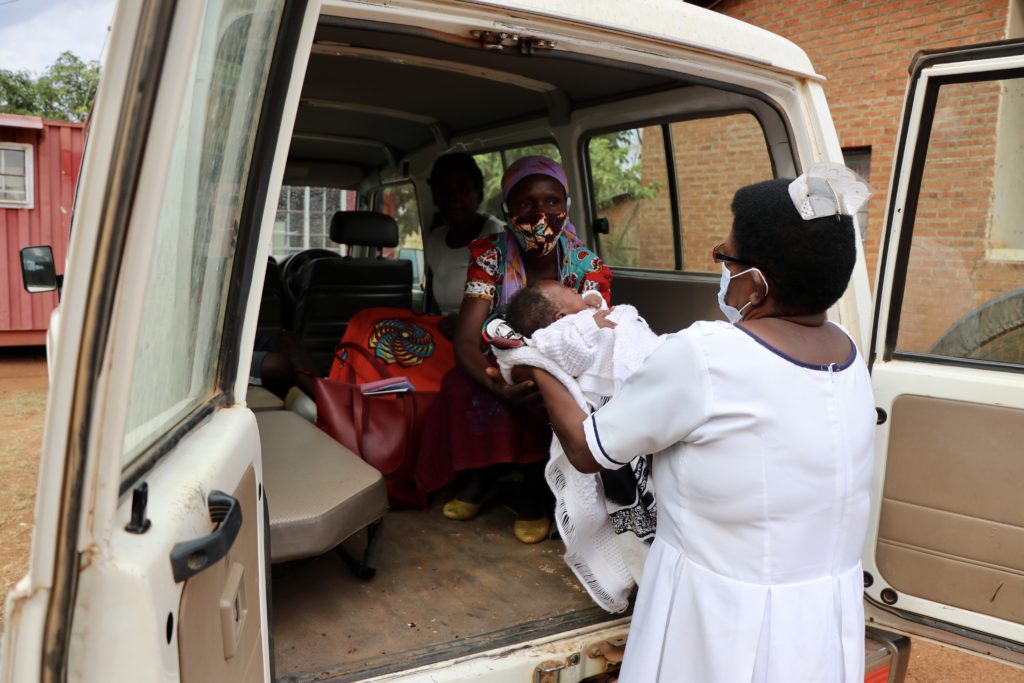
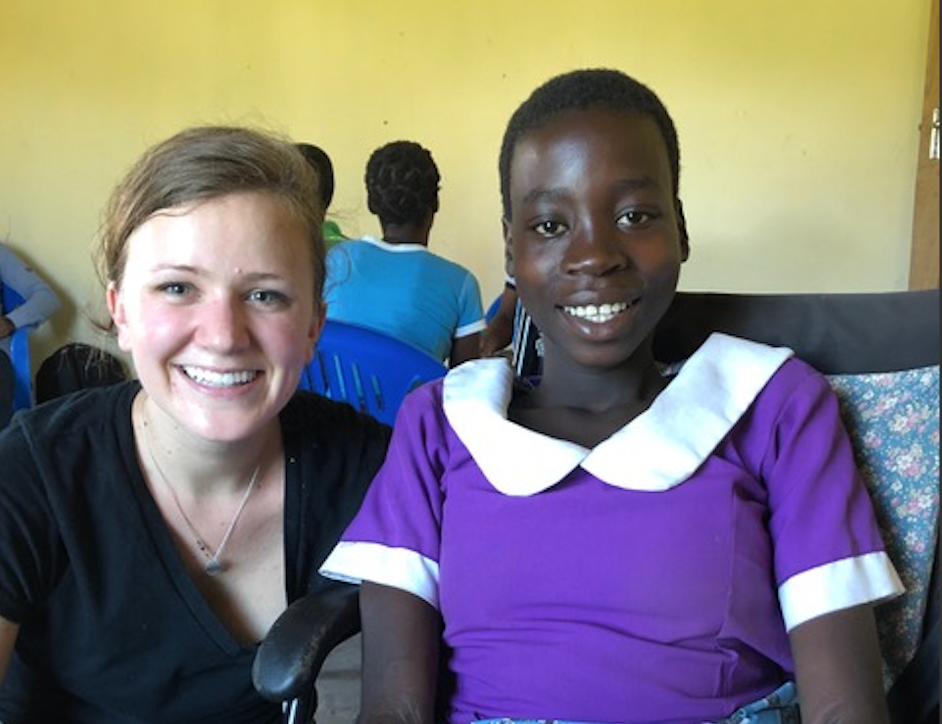
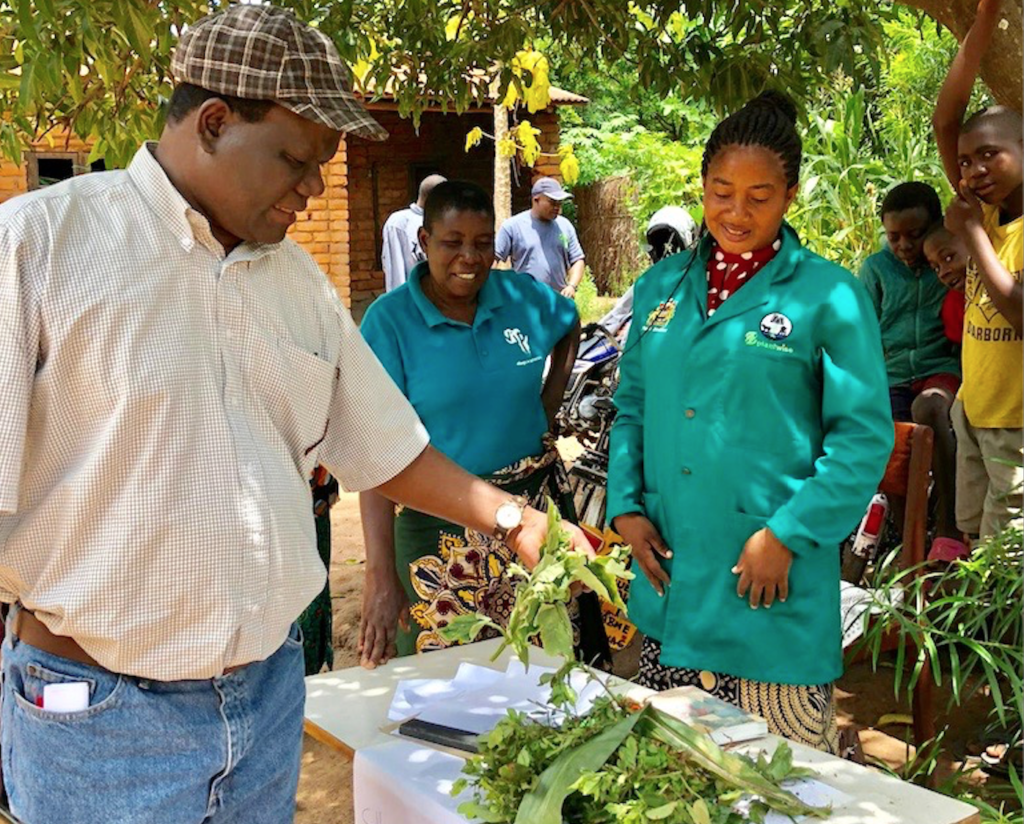
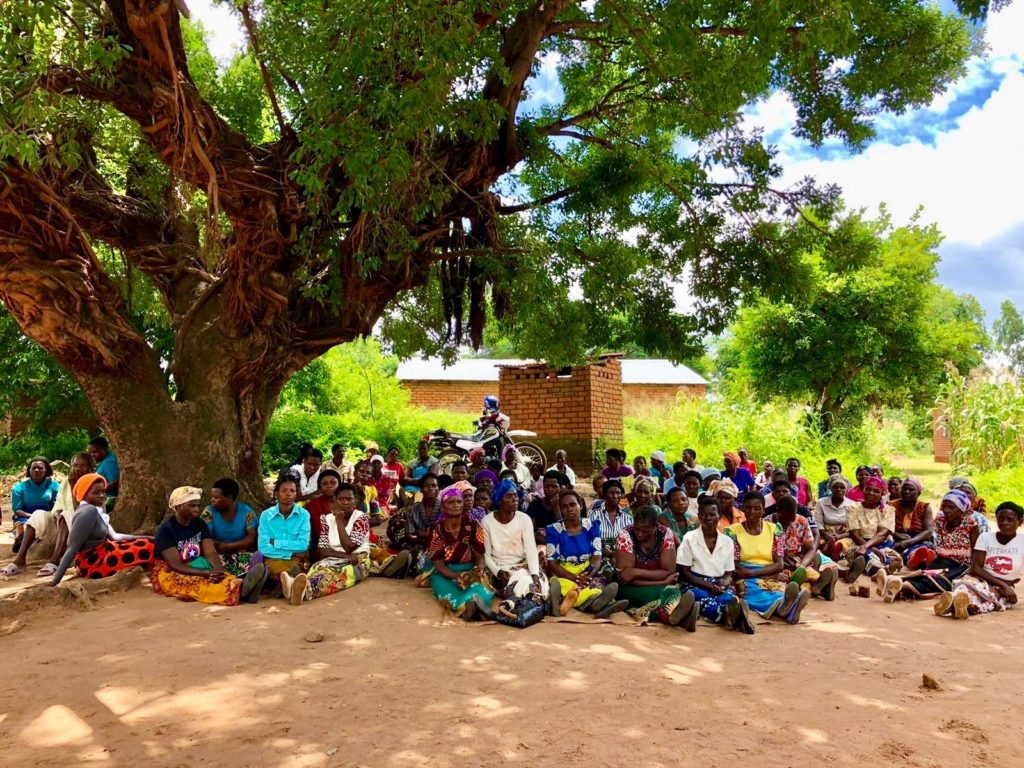

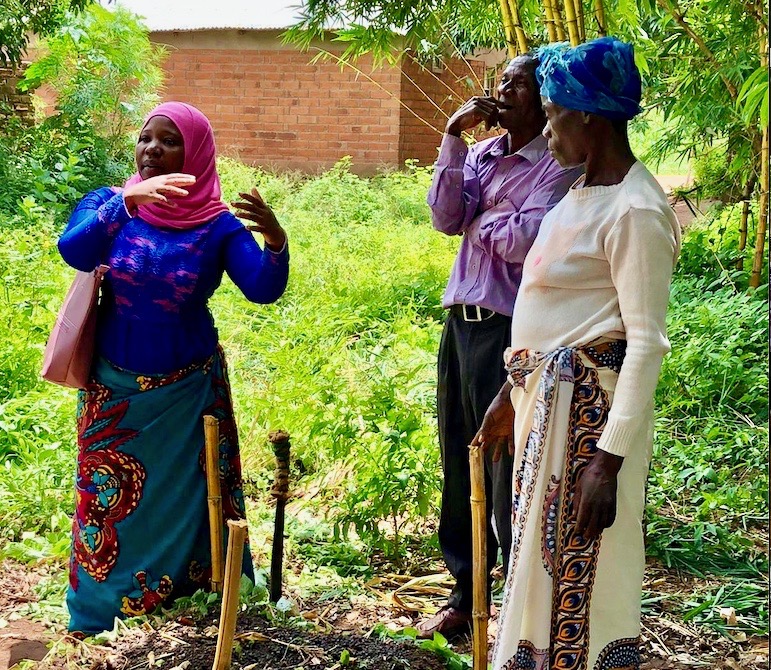
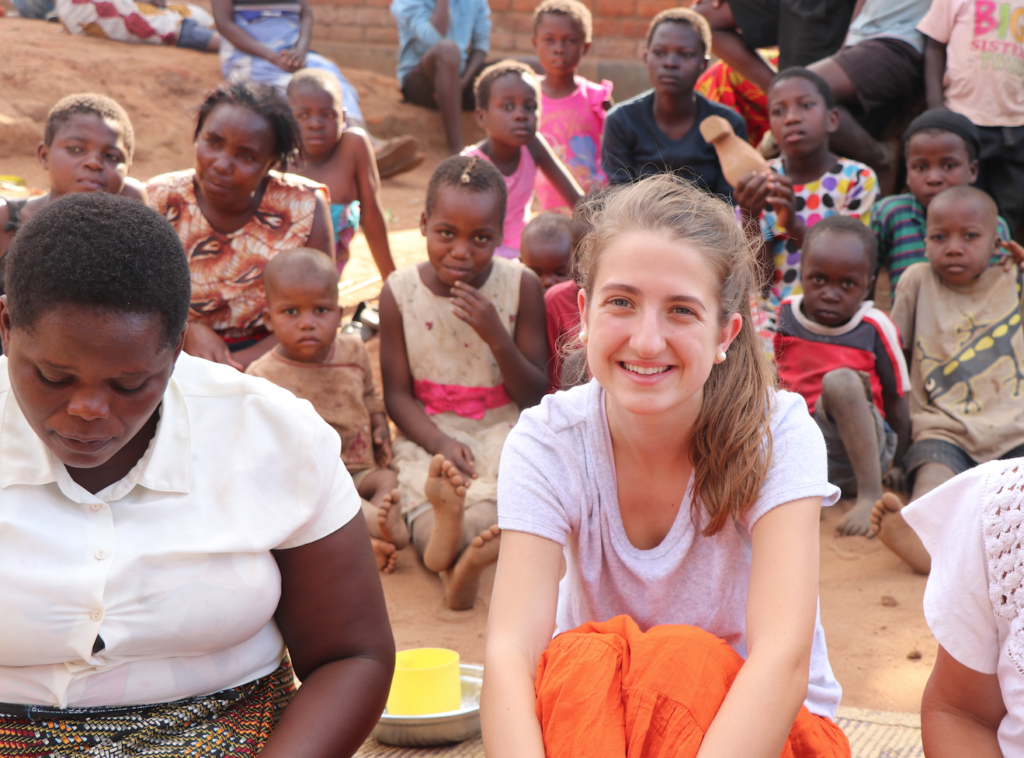
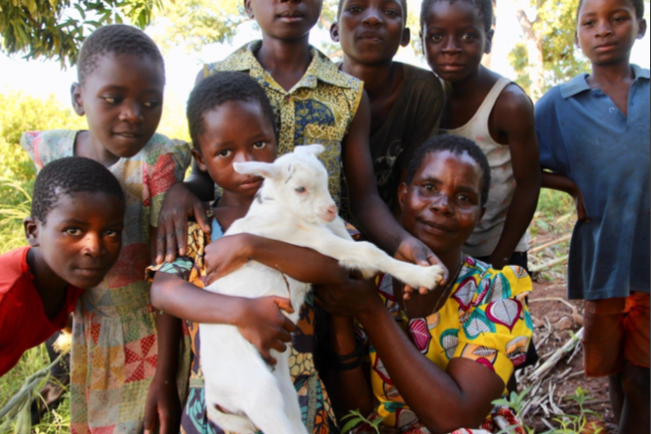
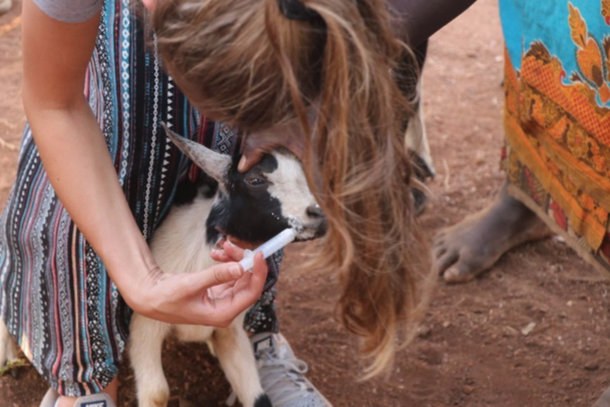
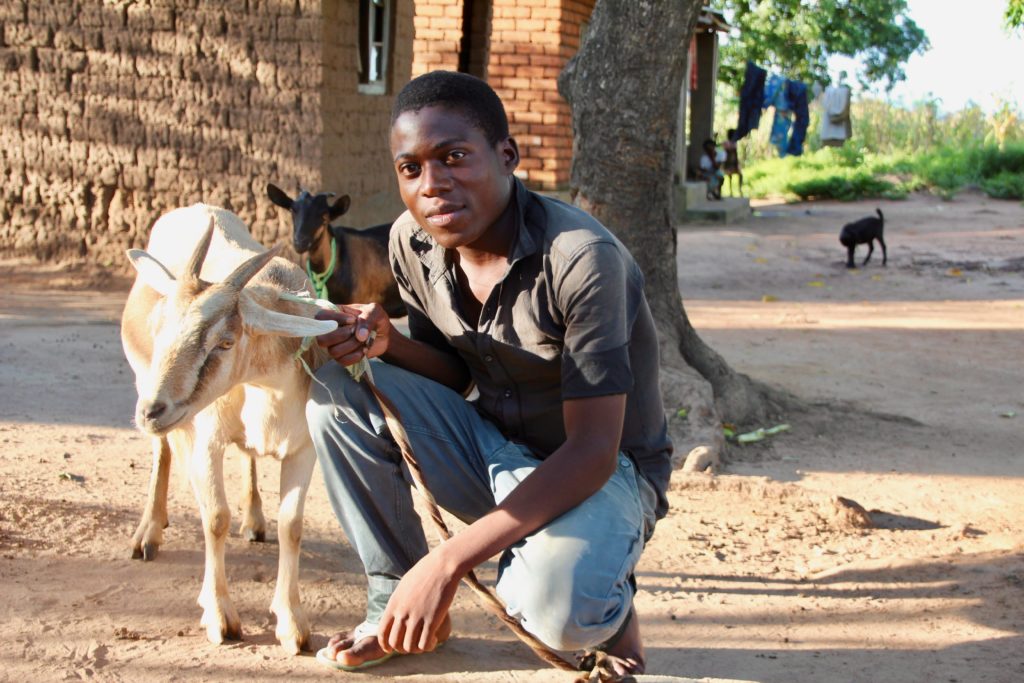
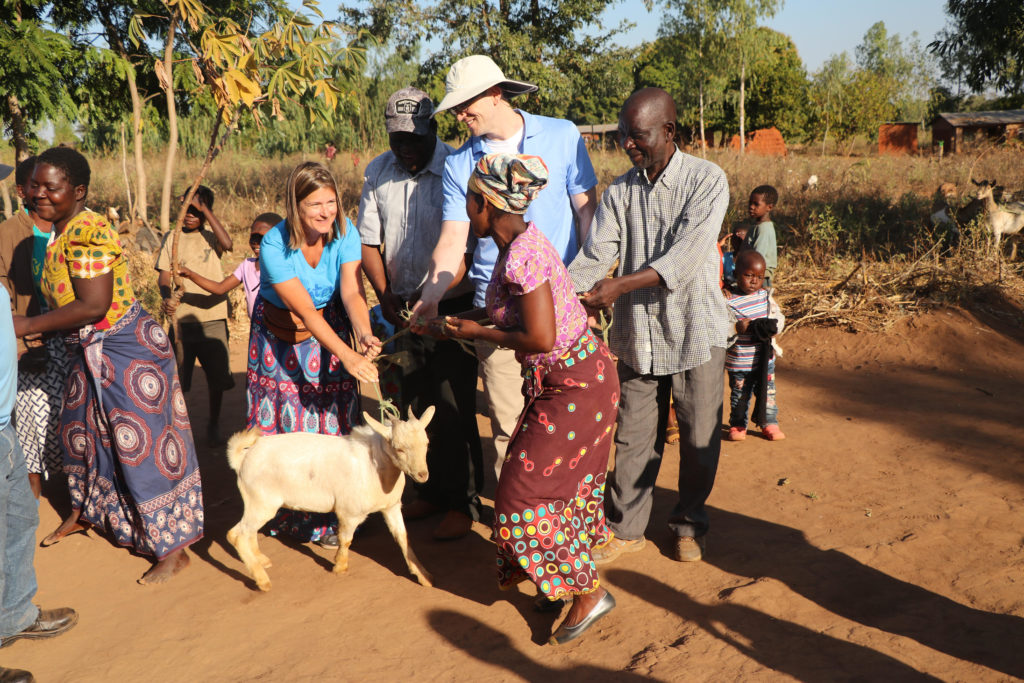
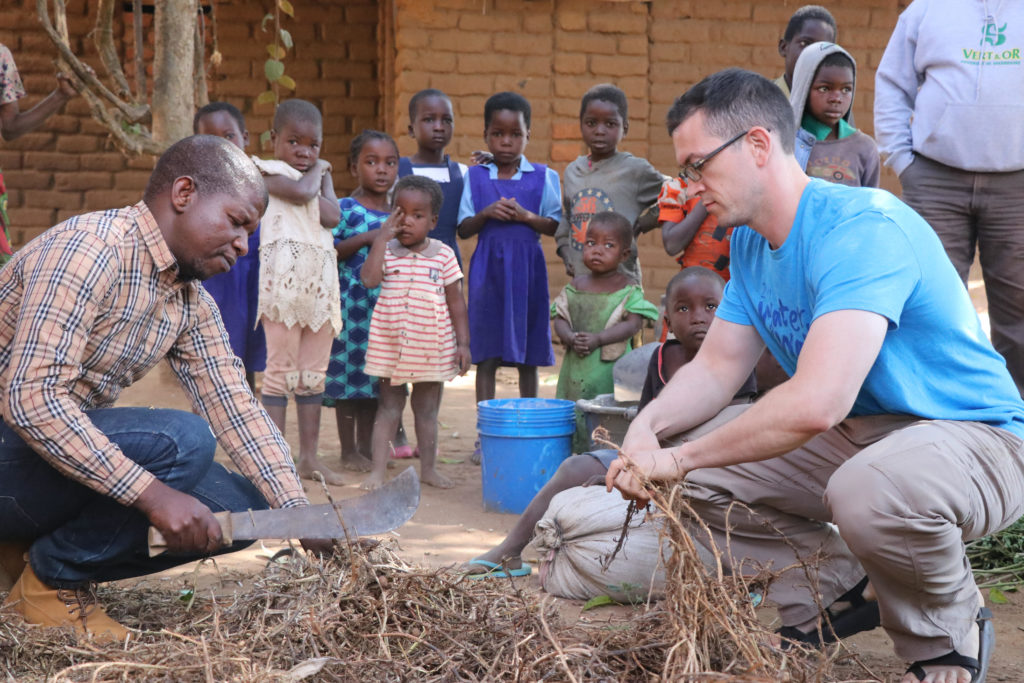
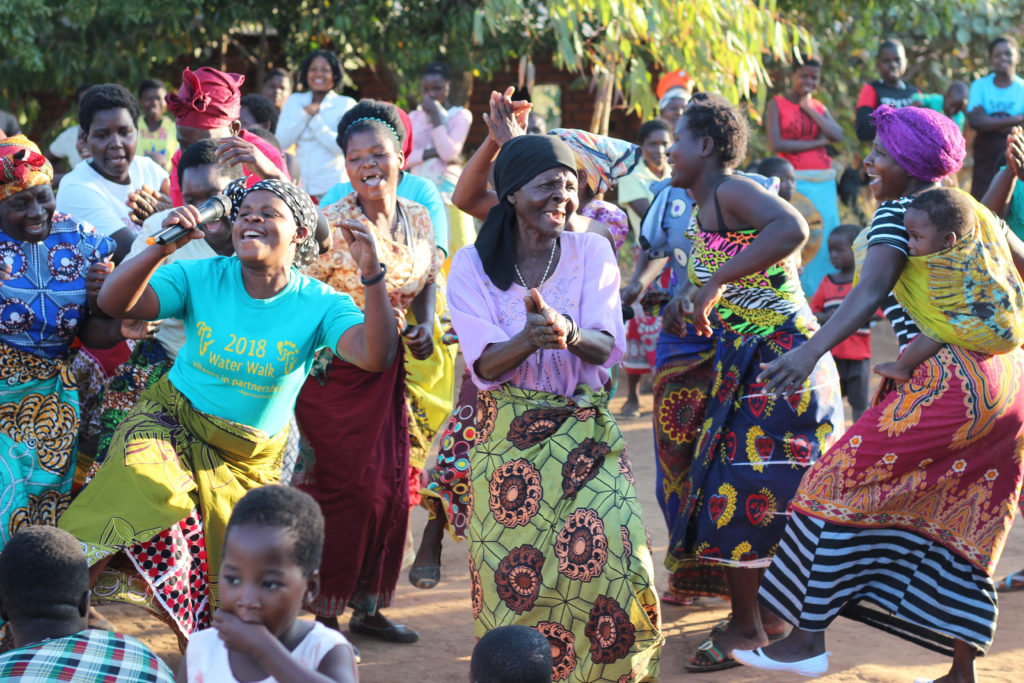
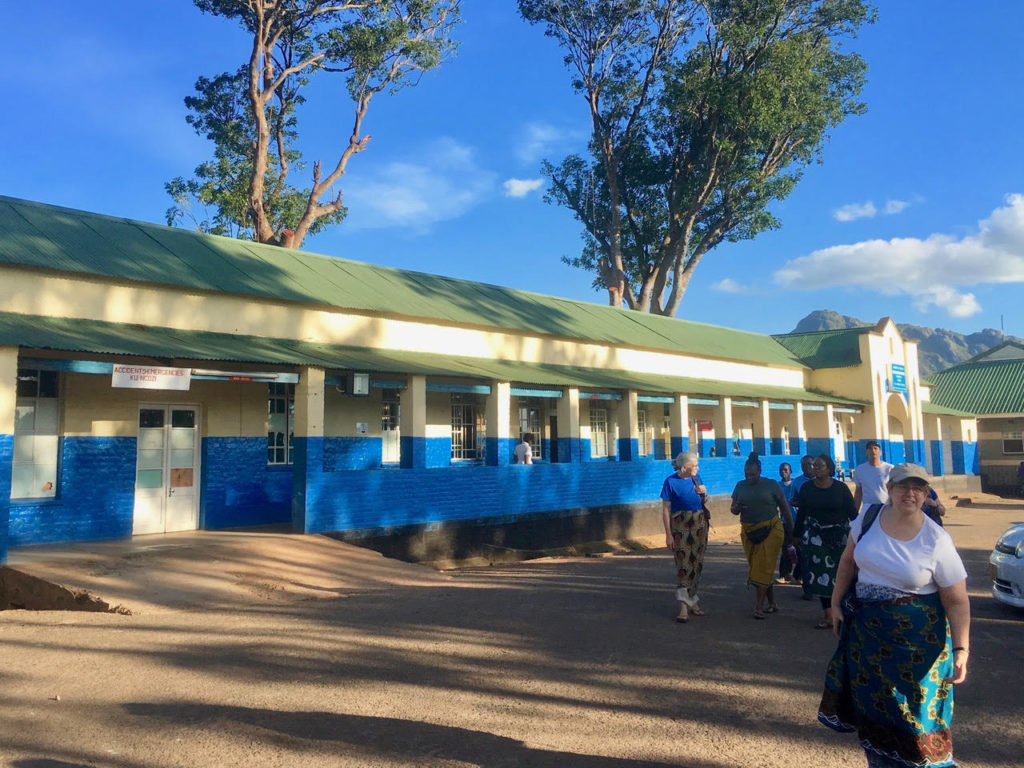
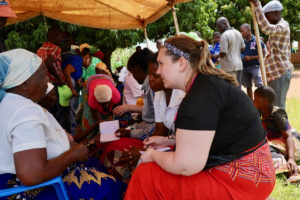
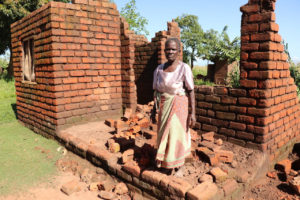
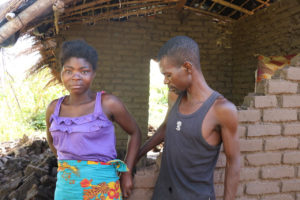
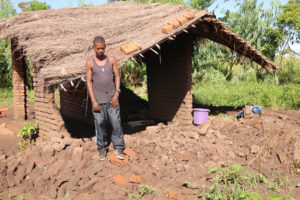
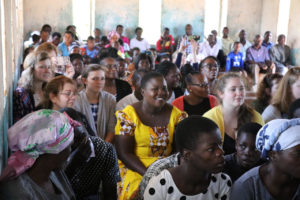
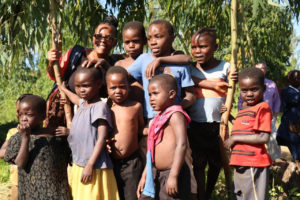
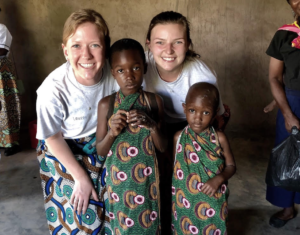
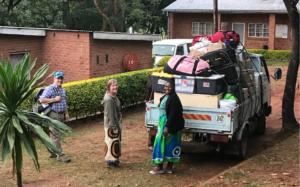
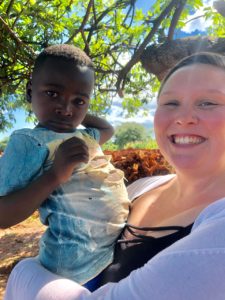
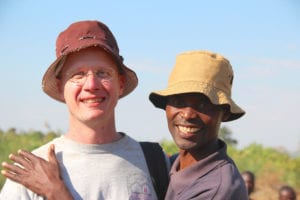
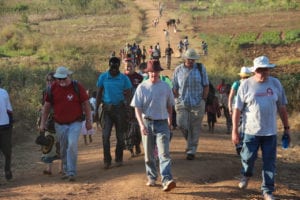
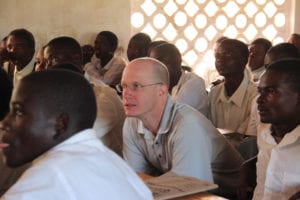
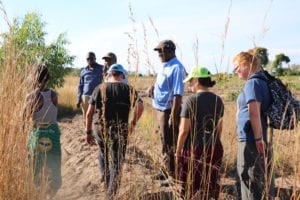
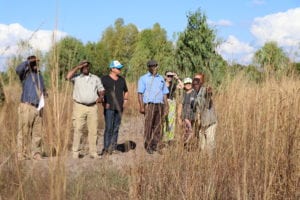

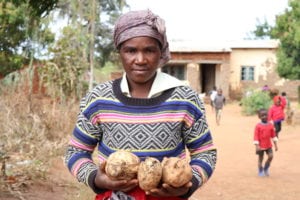
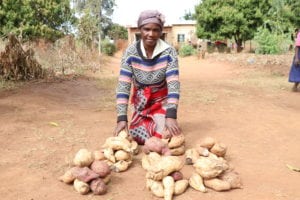
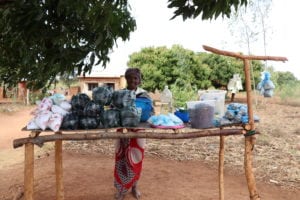
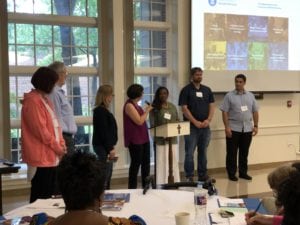
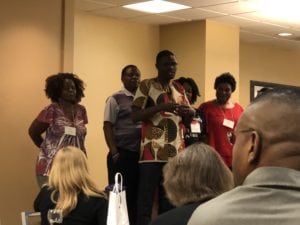
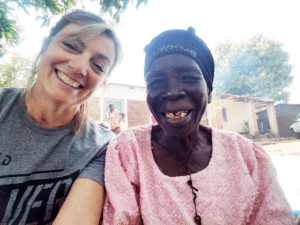
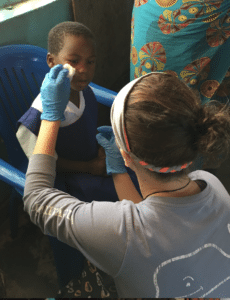 Walking into the Malawian airport, I didn’t know what to expect, what smells or what sights I’d be experiencing. I did not expect drawn on licenses plates or the forever lingering smell of fire wood. I would not expect the rocky roads that lead up to Namin’gazi Farm or the local food that would be made just for us. Not knowing a single thing about this country was intimidating and know where near comforting. Learning more about the team during debriefing after clinic began a strong connection that would help us during the three long and blurry days of clinic. Being a part of “support” staff added a feeling of incompetence within myself. However, during the three days, I have allowed myself to enter a different realm. Previously fainting from the sight of blood back home, I had been put to the limit while I ended clinic with cleaning wounds and dressing them. Though clinic was a blur, it has taught me the love of medicine and the memory has and forever will be connected with me. It has brought me self-confidence and has given me pure joy. The people of Malawi are driven to be faith driven and create a potential life changing feeling within each individual. They are brave, fierce, but have developed a sense of loyalty and devotion to God. They create raw emotion and unfiltered love; pure love. They can change your mind on life in less than an hour and create tears of uncertainty and joy. Being drawn to the people of Malawi is not a choice, but a must. Being in Malawi has not only brought me closer to God, but has developed a pure love for the Malawians and each profession in the medical trip.
Walking into the Malawian airport, I didn’t know what to expect, what smells or what sights I’d be experiencing. I did not expect drawn on licenses plates or the forever lingering smell of fire wood. I would not expect the rocky roads that lead up to Namin’gazi Farm or the local food that would be made just for us. Not knowing a single thing about this country was intimidating and know where near comforting. Learning more about the team during debriefing after clinic began a strong connection that would help us during the three long and blurry days of clinic. Being a part of “support” staff added a feeling of incompetence within myself. However, during the three days, I have allowed myself to enter a different realm. Previously fainting from the sight of blood back home, I had been put to the limit while I ended clinic with cleaning wounds and dressing them. Though clinic was a blur, it has taught me the love of medicine and the memory has and forever will be connected with me. It has brought me self-confidence and has given me pure joy. The people of Malawi are driven to be faith driven and create a potential life changing feeling within each individual. They are brave, fierce, but have developed a sense of loyalty and devotion to God. They create raw emotion and unfiltered love; pure love. They can change your mind on life in less than an hour and create tears of uncertainty and joy. Being drawn to the people of Malawi is not a choice, but a must. Being in Malawi has not only brought me closer to God, but has developed a pure love for the Malawians and each profession in the medical trip.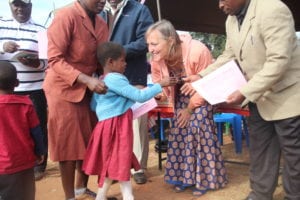
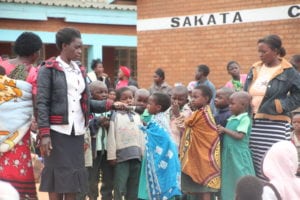
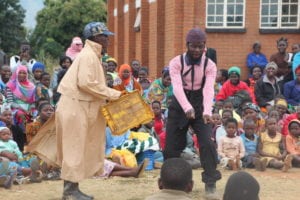
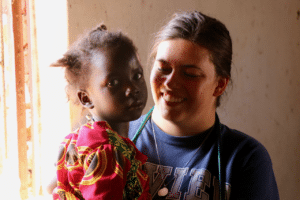
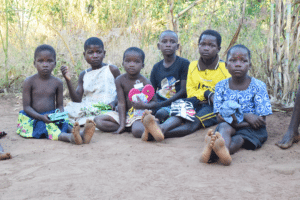
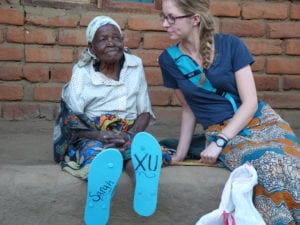
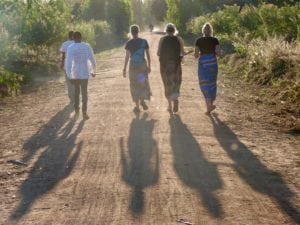
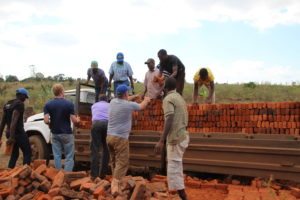 It was the last of the varieties of bricks mentioned that concerned the team on Friday morning. The team was very excited to create bricks, as they saw it as a quintessential Malawian task. Every young man in the village is supposed to build his own house when he comes of age, and because almost none can afford to buy bricks, bricks are constantly being formed in the villages.
It was the last of the varieties of bricks mentioned that concerned the team on Friday morning. The team was very excited to create bricks, as they saw it as a quintessential Malawian task. Every young man in the village is supposed to build his own house when he comes of age, and because almost none can afford to buy bricks, bricks are constantly being formed in the villages.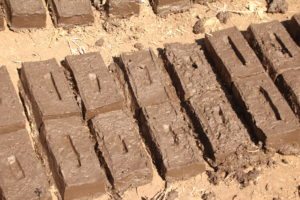
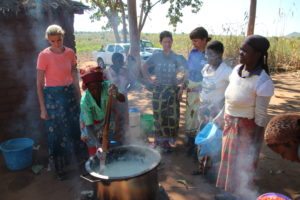
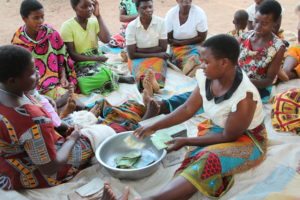
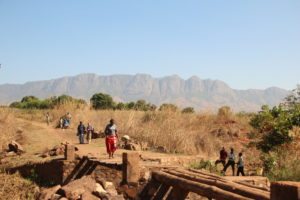 When we got there, the river was barely a stream, but in the heart of the rainy season the river can surge ten feet, making it impassable and preventing children from getting to Sakata School and villagers from accessing the nearby medical clinic. This new bridge will be a crucial artery of communication that will underlie progress across several areas of development. Our first assignment was to use a sledgehammer to crack rocks to use to in making the base of the bridge. Sydney Chikilema picked up the sledgehammer and took a few mighty swings before breaking the sledgehammer on the giant boulders that lay near the river.
When we got there, the river was barely a stream, but in the heart of the rainy season the river can surge ten feet, making it impassable and preventing children from getting to Sakata School and villagers from accessing the nearby medical clinic. This new bridge will be a crucial artery of communication that will underlie progress across several areas of development. Our first assignment was to use a sledgehammer to crack rocks to use to in making the base of the bridge. Sydney Chikilema picked up the sledgehammer and took a few mighty swings before breaking the sledgehammer on the giant boulders that lay near the river. 